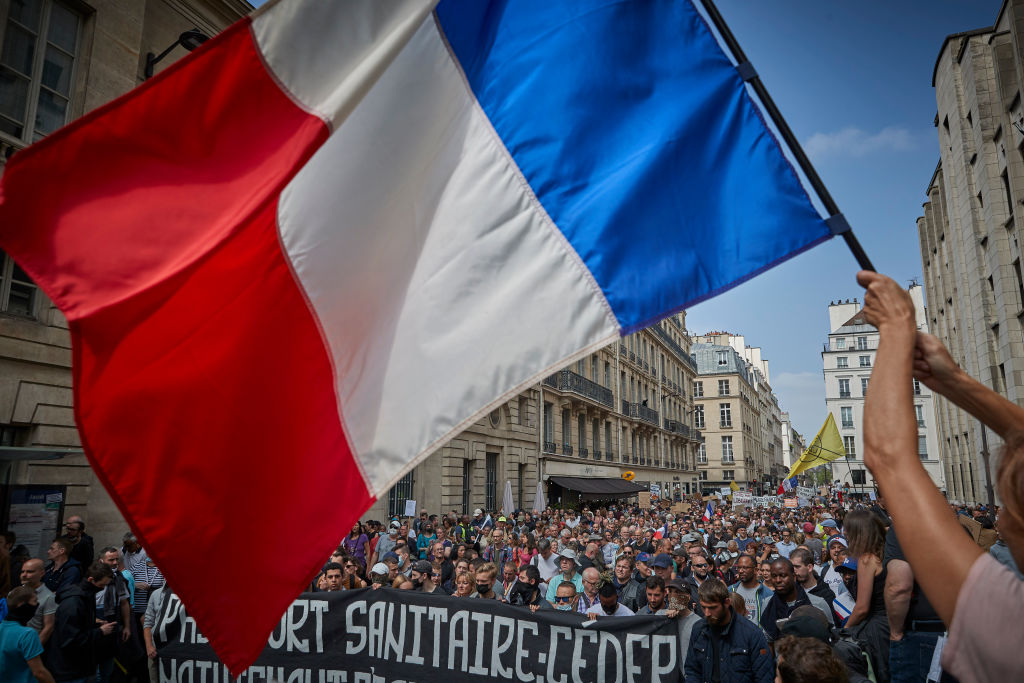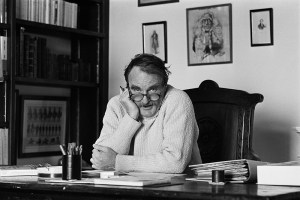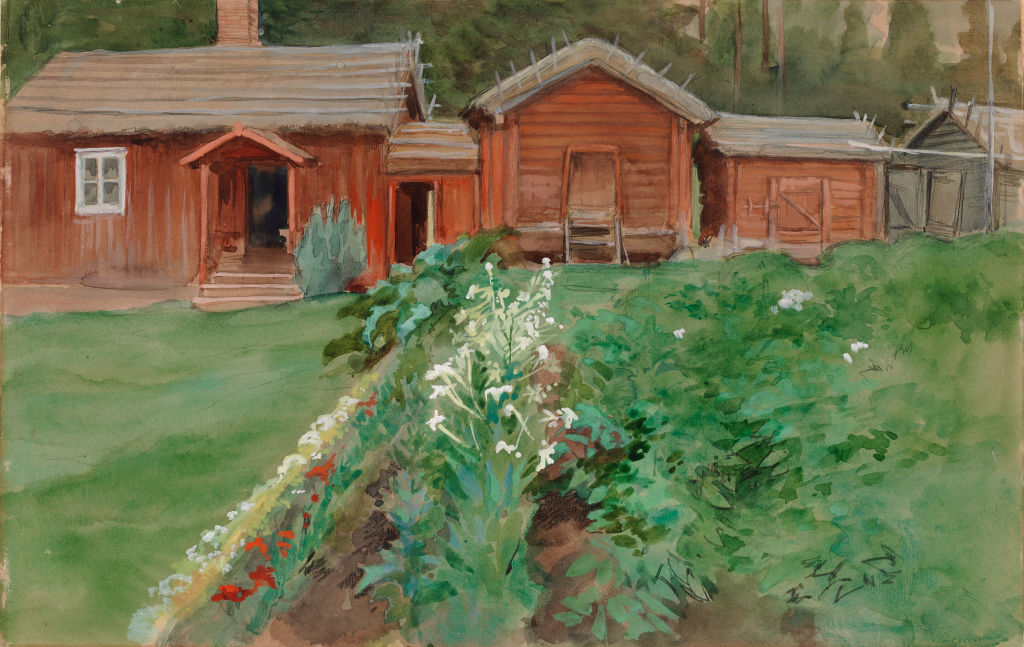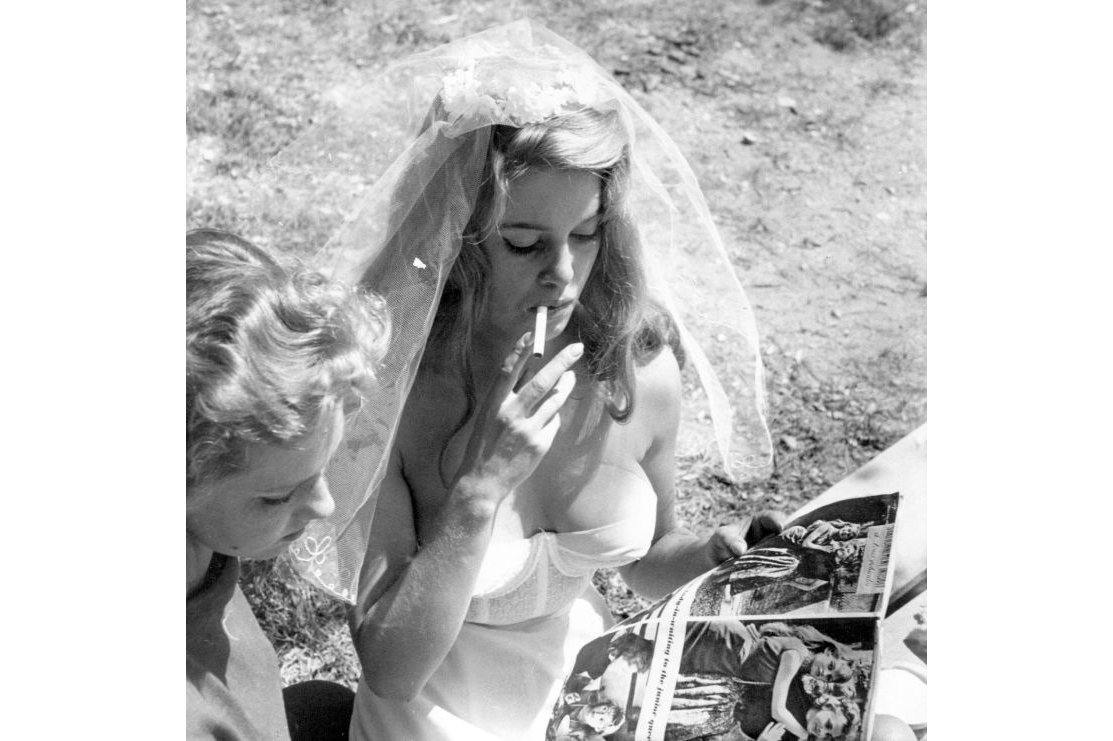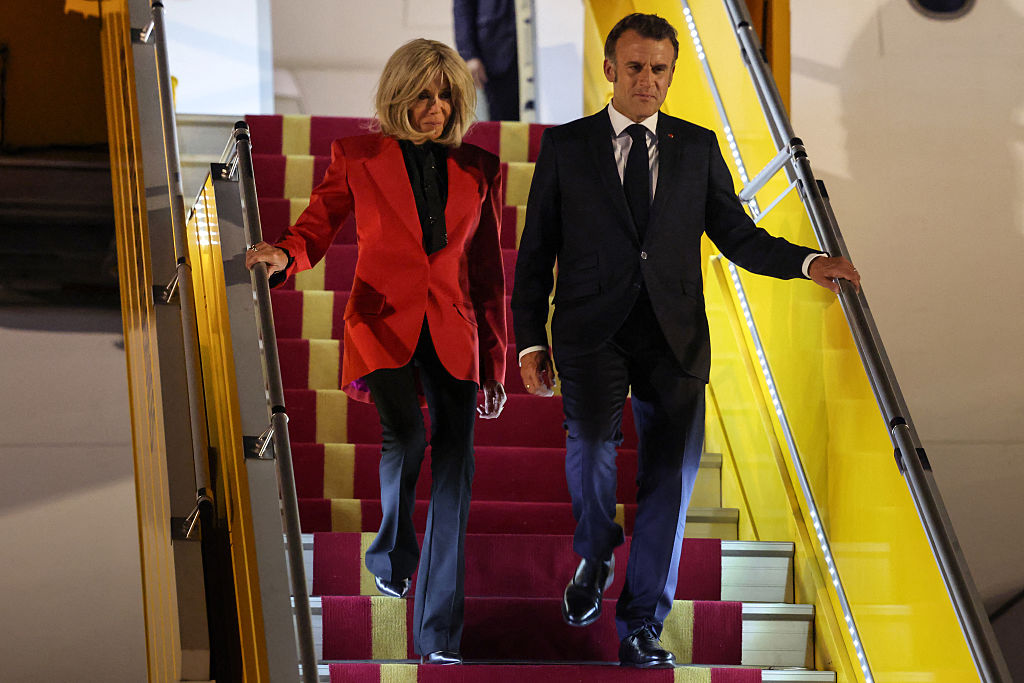What a celebration of diversity I witnessed in Paris on Saturday as tens of thousands of demonstrators marched through the capital. Organizers put the figure at 50,000, the government at 18,000; I’d say the former is the more accurate estimation.
It took two hours to walk the one and three-quarter miles between the start of the march, in the Place du Palais Royal, to its terminus at the Place Pierre Laroque outside the Ministry of Health. In total, and again depending on your source, between 114,000 and 150,000 people demonstrated across France on Saturday to protest against the planned introduction of the ‘Pass Sanitaire’, France’s vaccine passport.
All ages, sexes, classes and colors were represented. I saw young women in hijabs and others in shorts and singlets; young black men in sports shirts walked alongside elderly white men in checked shirts. One little old lady, I’d put her in her late seventies, walked alone holding aloft a small handwritten sign on which was written ‘Liberté’.
That was the mot du jour. It was on signs and on lips, a refrain chanted repeatedly: ‘Liberté, Liberté, Liberté.’
There were other chants. ‘Macron, Resign’ and ‘Macron, We Don’t Want Your Pass’ as well as lusty renditions of the ‘La Marseillaise’.
The atmosphere was reminiscent of 2002, when I marched through London with the Countryside Alliance. A mixture of the middle and working class, proud, patriotic people, furious at what they regard as a government bent on restricting their way of life.
Those people in Paris appeared to have a variety of reasons for giving up their Saturday. Most struck me as apolitical. There were a few anti-vaxxers, the odd raving conspiracy theorist, brandishing placards about the Great Reset, but most were there to register their protest at the prospect of forced vaccinations and the introduction of health passes.
Anger at the measures outlined by Macron in a televised speech to the nation is growing. On Wednesday, Bastille Day, 20,000 took to the streets in a series of spontaneous protests across France, venting their anger at the proposed law that will compel healthcare workers to be vaccinated or lose their job in the early fall. One nurse I saw on Saturday held a placard that read: ‘A hero in March 2020, sacked in September 2021.’
The health pass comes into effect on Wednesday and will permit only the fully vaccinated (or those who have had a negative PCR test within 24 hours) to access theaters, cinemas and museums. From August, the pass will be extended to include cafés, shopping centers, restaurants, planes and public transport.
I attended the protest as a (fully vaccinated) journalist but only the most ardent supporter of Macron would fail to sympathize with those who are alarmed at what is unfolding in France.
Repeatedly, the president has gone back on his word. Last August he boldly declared that France ‘must learn to live with the virus,’ urging people to show unity.
Weeks later he lost his nerve and imposed a lockdown that had a touch of martial law about it, with a 6 p.m. curfew and the closure of all restaurants, bars, cinemas and theaters. When France began emerging from that confinement in April, he dismissed the idea of an obligatory health pass because there ‘will never be a right of access that discriminates among the French. It cannot be made compulsory for access to everyday places.’
Last November, and again this May, he vowed never to make vaccination compulsory, saying he ‘respected’ an individual’s choice on the matter.
This is why many French have lost faith in Macron, and few believe that the health pass will be a temporary measure. They fear it is the first step of a digital surveillance system modeled on the Chinese Communist party’s method of controlling its people, rewarding or punishing them depending on their behavior.
In an op-ed for Le Figaro last week the philosopher François-Xavier Bellamy warned that France and western Europe was facing a challenge to its civilization: either it goes the way of totalitarian regimes or stays true to their ‘intangible rules on which are founded our democracies. Fundamental freedoms, equal rights, civic friendship are not privileges for calm times but the principles that make us who we are.’
Above all, Macron has betrayed his fine words of previous years. Last October he launched a robust defense of liberty and democracy following the brutal murder of a French schoolteacher for showing a cartoon of the Prophet. Yet during a presidential walkabout in Lourdes on Friday a man in the crowd harangued Macron from a distance, and was violently set upon by four of his bodyguards. So much for freedom of expression.
In 2018, in an address to the United States Congress, Macron, posing as the incarnation of Enlightenment values, told his audience:
‘We have this constant attachment to freedom and democracy. As emblazoned on the flags of the French revolutionaries, “Vivre libre ou mourir”. Live free or die. Thankfully, freedom is also the source of all that is worth living for. Freedom is a call to think and to love. It is a call to our will. That is why, in times of peace, France and the United States were able to forge unbreakable bonds.’
In April, President Joe Biden’s administration rejected the idea of mandatory COVID-19 vaccination passports: ‘Our interest is very simple from the federal government, which is Americans’ privacy and rights should be protected, and so that these systems are not used against people unfairly,’ said White House press secretary Jen Psaki.
The United States still has an attachment to freedom and democracy, and the rights of its citizens. And France?
On January 11, 2015 I marched through Paris for these ideals, four days after the murder of the staff of Charlie Hebdo. On Saturday I had a similar sentiment, of taking to the street in the defense of liberté, égalité and fraternité.
This article was originally published on The Spectator’s UK website.



